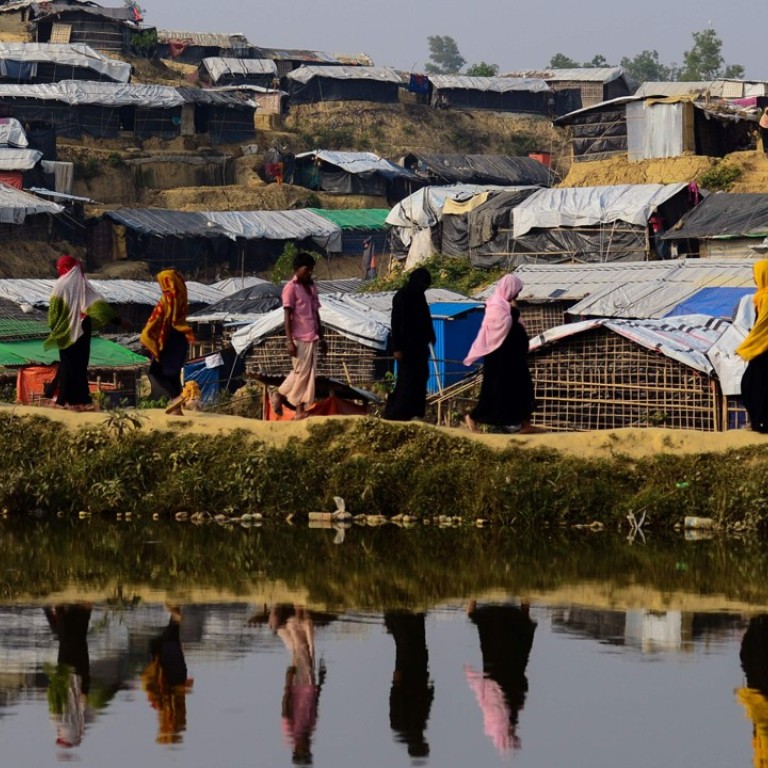
Rohingya crisis, creative freedom hot topics at Bangladesh literary festival
Authors Ben Okri and Lionel Shriver, and actress Tilda Swinton, lent star power to the Dhaka Lit Fest, but the flood of Muslim refugees from Myanmar was on the lips of most festivalgoers
During three packed days the grounds of the Bangla Academy, on the campus of Dhaka University, were taken over by writers, artists and readers attending Bangladesh’s annual literary festival.
The Dhaka Lit Fest was launched at a gala event with the Syrian poet Adonis, and ended with the award ceremony for the DSC Prize for South Asian Literature 2017, given to Tamil author Anuk Arudpragasam for his debut novel The Story of A Brief Marriage.
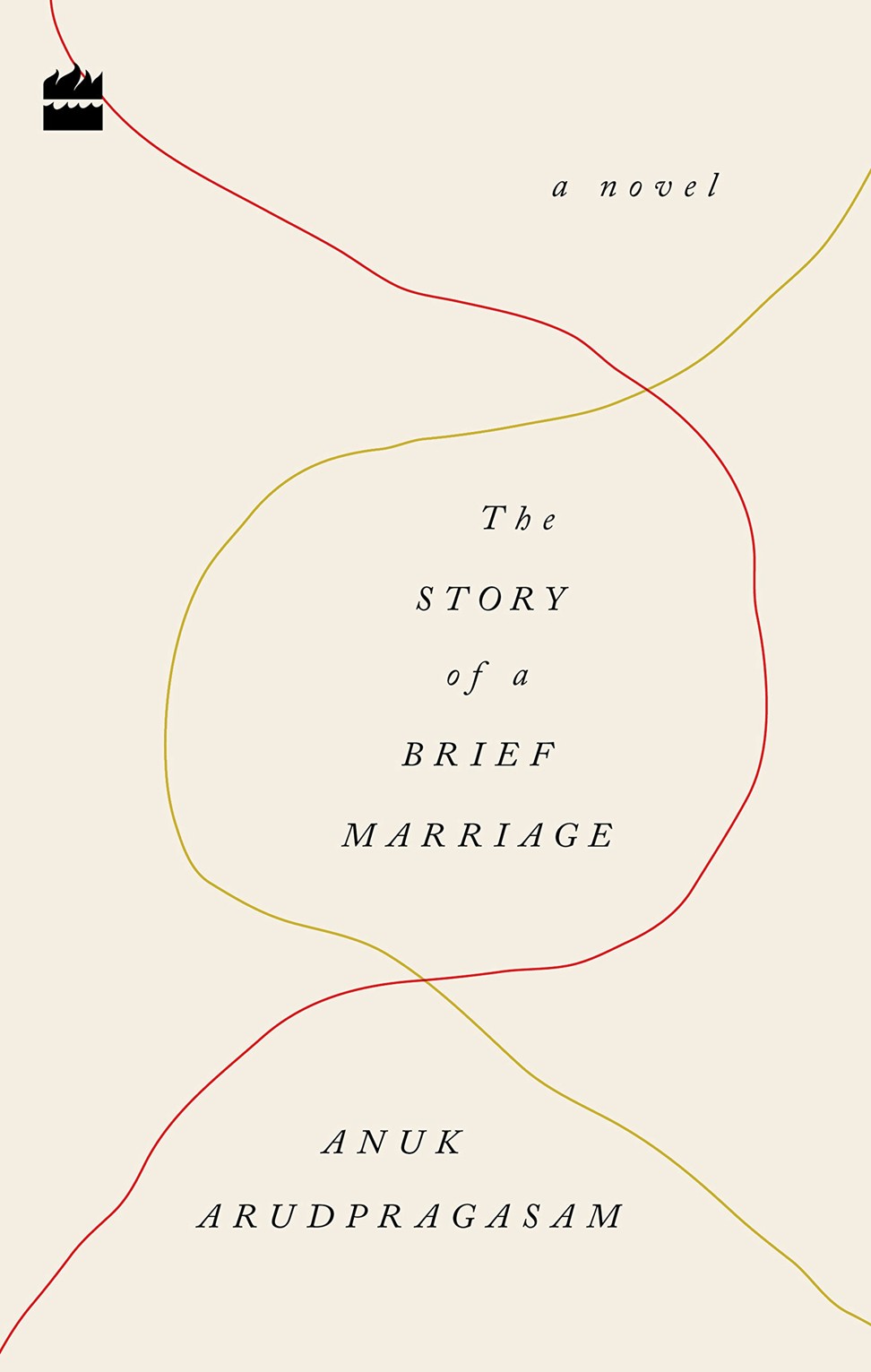
A powerful novella set in the final weeks of the Sri Lankan civil war, it provides a close-up of the devastating physical and emotional pain caused by the 26-year war and its brutal closure by government-led forces. The book focuses on the everyday hardships of those caught up in it. The DSC Prize, worth US$25,000 to the winner, is awarded annually to the best writing about South Asia and its people by writers of any nationality or ethnicity.
If Arudpragasam’s novel is extraordinary in its unforgiving retelling of the devastation of mangled limbs and wrenched hearts, the rest of the Dhaka Lit Fest did not shy away from challenges and controversial topics either.
City of Protest author Antony Dapiran on his fears and hopes for Hong Kong
Adonis, whose real name is Ali Ahmad Said Esber, inaugurated the proceedings on November 16 with a strongly worded call to keep art secular and avoid religion impinging on creativity. Speaking in French, he said, to murmurs from the audience: “There is no creativity allowed in the Koran – we must free ourselves from all constraints.” A year after the deadly siege at the Holey Artisan Bakery cafe in Dhaka last year, where 29 people were killed by Islamic militants, Bangladesh is still coming to terms with the rise of radicalism.
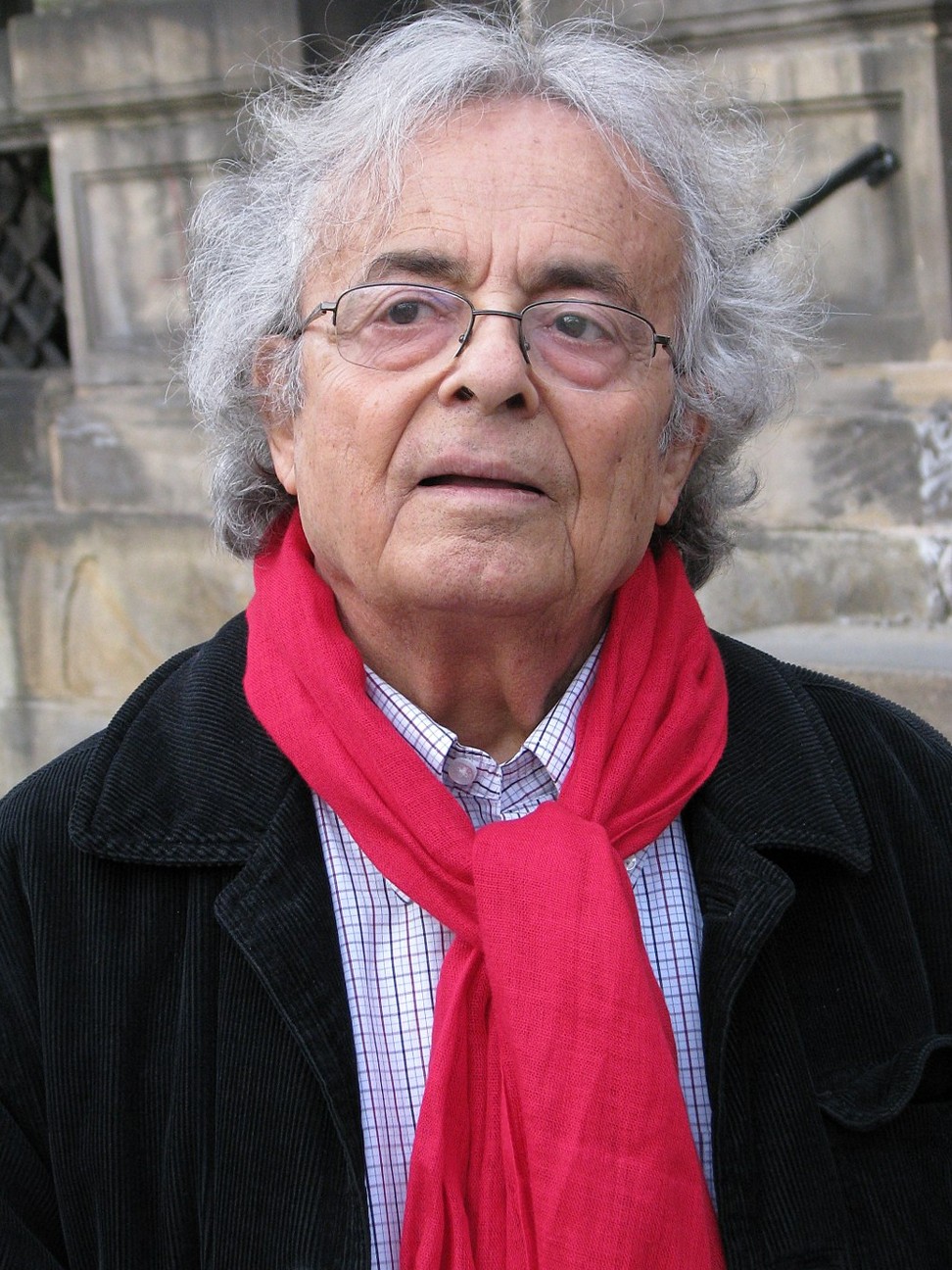
The festival featured talks by authors including Ben Okri, Lionel Shriver, Esther Freud and David Davidar. Actress and filmmaker Tilda Swinton gave readings, presented her latest movie, about the art critic John Berger, took part in a question-and-answer session and engaged in conversation with festivalgoers.
The refugee crisis that has brought into the country up to 600,000 Rohingyas fleeing violence in Myanmar could hardly be ignored, and several discussions addressed the unfolding humanitarian disaster.
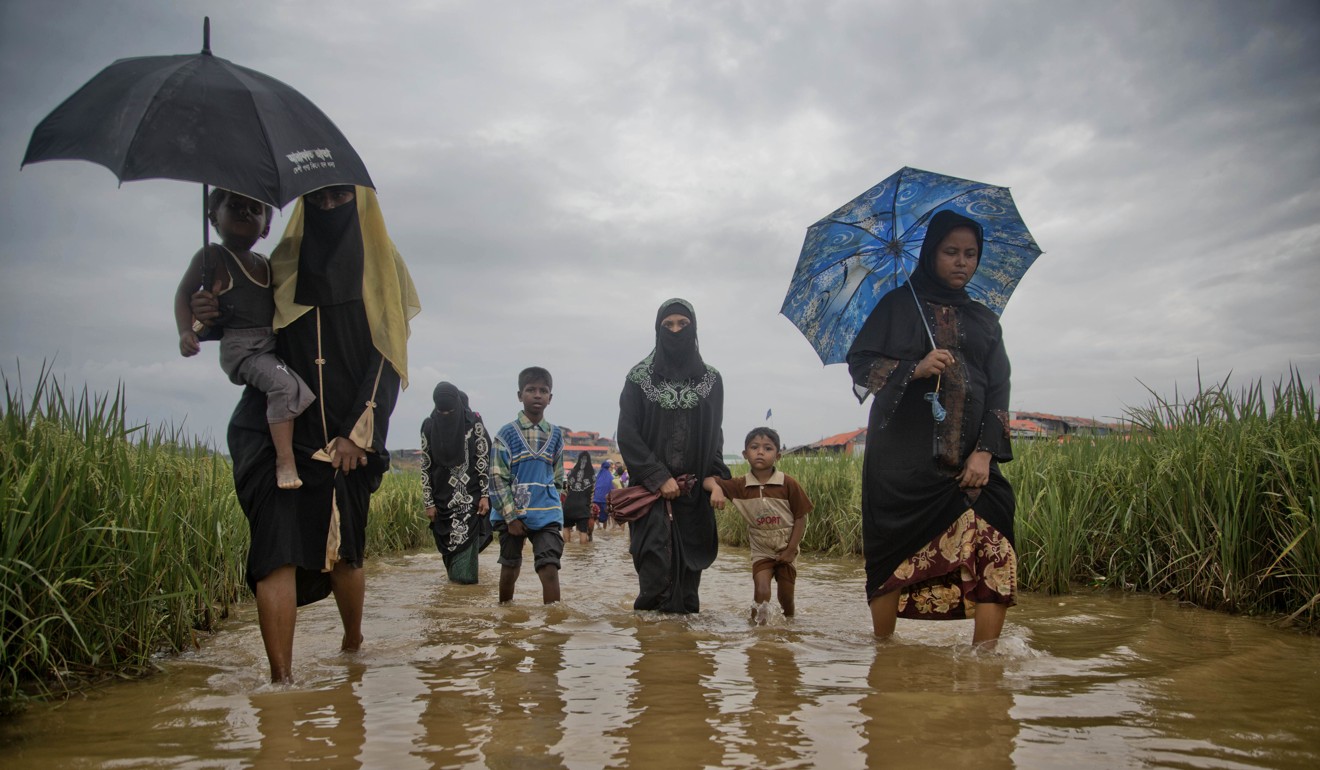
One session, titled “Rohingyas: Landless Future”, speakers such as Azeem Ibrahim and BBC reporter Justin Rowlatt – both recently returned from refugee camps near the Myanmar border – gave harrowing details of the crimes committed against Rohingyas in Myanmar’s Rakhine State.
Jonathan Fenby on why China will not rule the world in 21st century, the subject of his new book
Zafar Sobhan, editor of newspaper the Dhaka Tribune (one of the festival’s sponsors and organisers), reflected on how the geopolitical stalemate that has so far characterised the international response to the crisis might mean that “there will be nowhere for these people to go back to, and Bangladesh has to find a solution on how to accommodate nearly a million people”, including Rohingya refugees who fled Myanmar in previous years, he said.
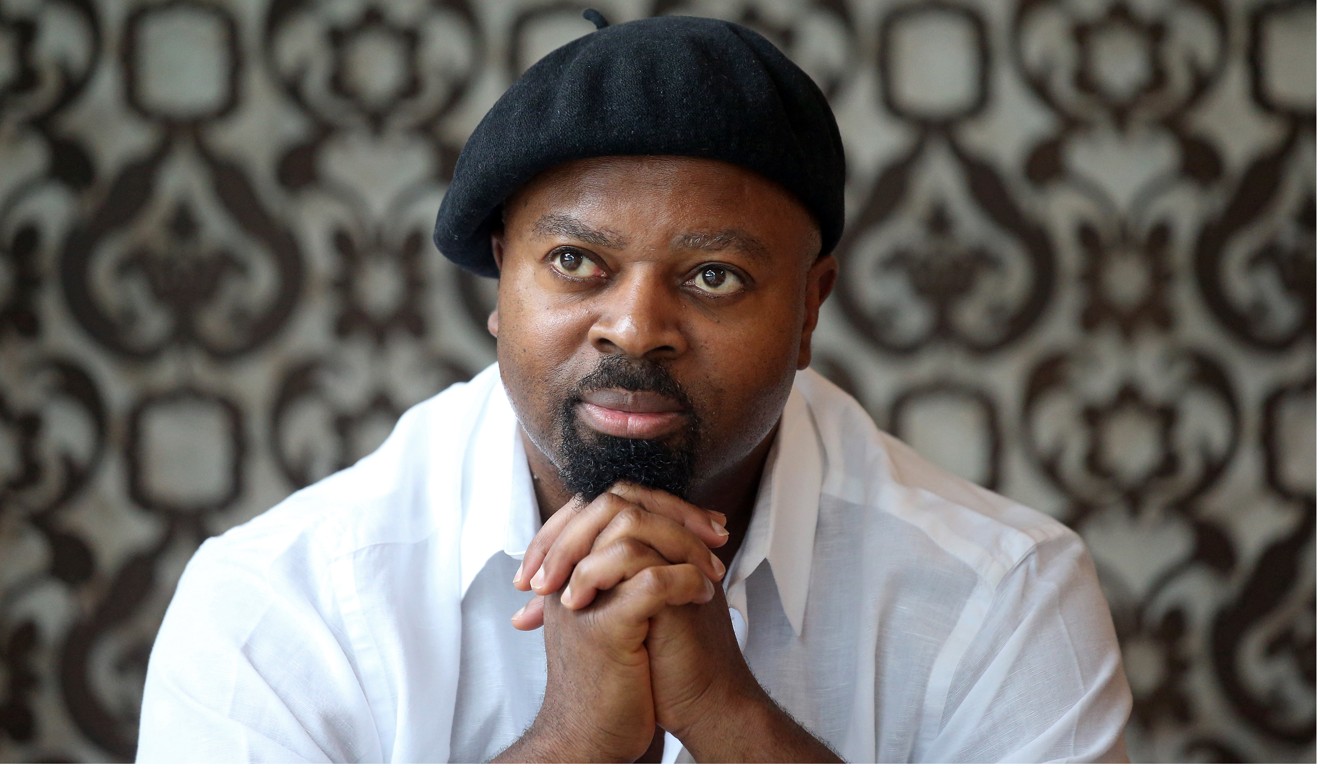
Many agreed that – with a handful of countries, China among them, refusing to back strong resolutions against the Myanmese army’s actions in Rakhine – the international community is waiting for the atrocities to be over to then concentrate on the humanitarian aspect of the crisis, without necessarily pushing the government in Myanmar to allow the refugees to return to their lands and settle there again.
The importance of this unending drama was such that, that for the first time in its history, the festival ended with a statement expressing “sympathy for the refugees”, and “the wish to keep the news of the unfolding situation at the forefront of global consciousness”.
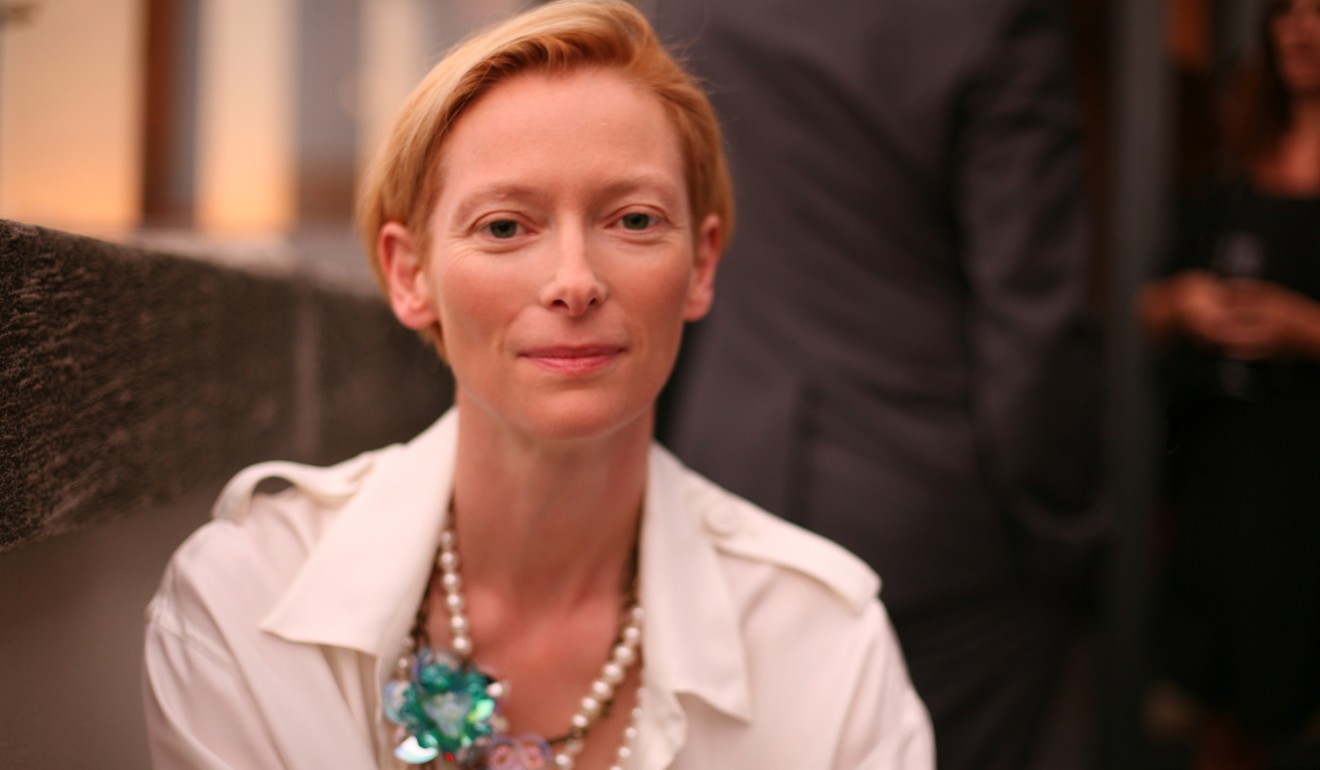
Since its release the statement has been signed by more than 50 prominent writers.
It was a strong departure for a festival that, while celebrating education, literacy, free thinking and the power of the written word in general, had never taken such a clear political stance. But the desperation of the current situation called for more than just a happy celebration of books and authors.
Literary festivals in the region are now widespread, and a reliable source of entertainment and intellectual stimulation, but the Dhaka Lit Fest must be regarded as particularly significant.
Jung Chang talks Empress Dowager Cixi, flirting with a military dictator and advice from Imelda Marcos
It is a brave gathering of secular minds at a time when religious intolerance is spilling blood and threatening intellectual pursuits, and this in a country where affirming a belief in free speech can have dangerous results.

